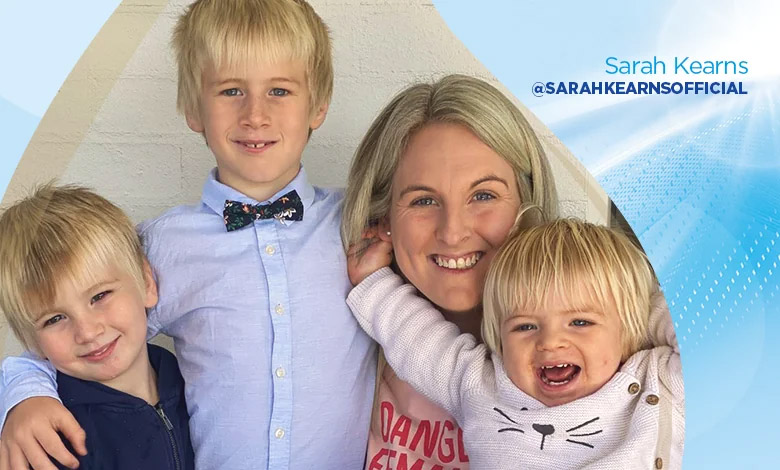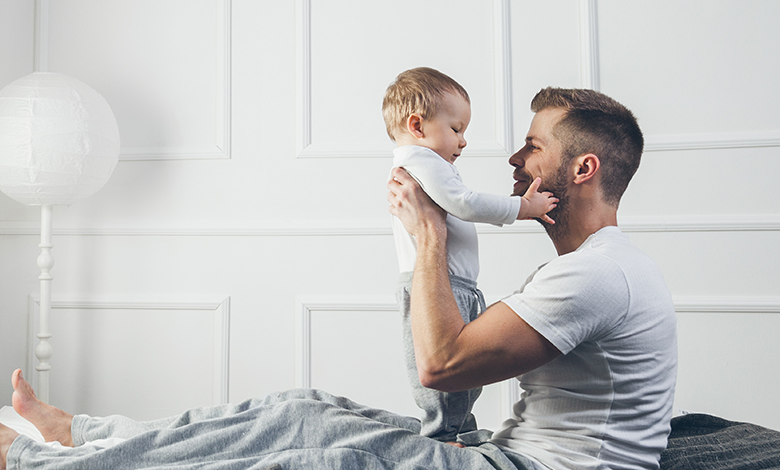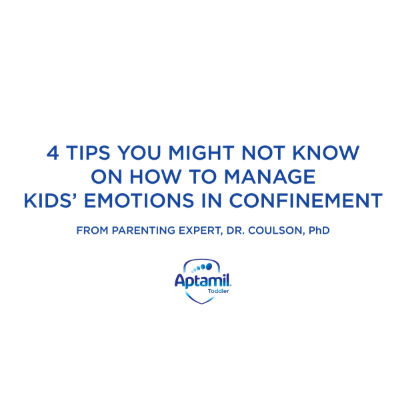- Start with smaller trips out and build up your away time
- Carefully plan who you will leave your child with and all of the things they will need
- Accept your emotions and let go of what you can’t control
5 tips for your first night away from your child

Key points
After spending each moment of each waking day for weeks (and possibly months) with your child, even a few hours of separation can be emotional – but the time eventually comes for all new parents to have a day out, or to take a night off. While your little one is still the centre of your universe, time away may be important to recharge, reconnect with your partner or to break up your responsibilities with a bit of good old-fashioned fun. If you’re considering your first night away from your child, here are some tips around how to do it.
1. Start small
Practice makes perfect. Before you commit to a whole night away, start with shorter nearby trips, like ducking out for a coffee with a friend. You’ll be reassured when you return to find your little one the same as when you left. The next time you head out, stay for half an hour longer. Gradually increasing the amount of time you are away should help to make separation more manageable for both you and your child. Before you know it, a date night out with your partner will feel possible again. And next, a weekend away.
2. Get familiar
In early childhood especially, it’s important your little one is familiar with the person who will be caring for them in your absence. For your peace of mind, it’s also important that it’s someone you intrinsically trust. Look to a doting aunt, uncle, grandparent or even best friend and unofficial “aunt”. Your child’s temperament may mean that it takes a little time before they feel comfortable with a carer. To alleviate any worries, you could organise a few trial runs with the caregiver where you gradually decrease your presence to see how your little one reacts.
3. Plan, plan, plan
You know your child best, so make a list of everything your caregiver might need and make sure you’re well stocked up on the essentials. After all, the last thing you want during some quality alone time is an urgent text message to rush home with a fresh packet of nappies. So, first step: prepare.Consider all of your bases. That includes the usuals like food, milk drinks, nappies, wipes, sleeping props, favourite toys and all the comforts that your little one is used to day in, day out, but it also includes things like medications, emergency contacts, and any allergies, intolerances or unintroduced foods. Stick a list of key items, routines and information somewhere prominent so your caregiver can easily reference it.
4. The handover
As you might have already gleaned, your child can pick up on your energy, so try to make the handover as relaxed as possible. You could plan it to coincide with a time of day when you know things are usually calm and peaceful. Give your caregiver ample time to settle in while you are there – perhaps around 30 minutes – and do your best not to rush the handover. Then, put on a brave face and slide out the door with a minimum of fuss.
5. Let go
It’s perhaps the most challenging part of your first night away, but it’s important to let go of any fear you have around whether your child’s night will be perfect. Even with all the planning and preparation in the world, different people will still do things differently. You’ve chosen your caregiver because you trust them, so it’s important to have faith that they will come up with their own way to do things and solve any small issues on the go.Finally, you’ll probably have a lot of feelings about leaving your child. Try to acknowledge and accept these emotions, but don’t let them weigh too heavily on your time away. Know that separation will get easier and that what you’re experiencing is a normal part of being a loving parent.
Related pages

Get in touch with our Careline experts
When your little one is unhappy or unwell you want reliable support from a trusted source. Our Careline team of nutritionists, dietitians and midwives specialise in infant and child health, offering free nutrition, feeding and product information.
Every feeding journey is unique
Not every parent can produce breast milk. No matter what choice you make, we will support your unique feeding journey.
We at Nutricia believe in providing the best nutrition for babies, which is why we recognise breast milk is uniquely superior for babies as it provides many benefits. It is important that mums have a healthy diet to support breastfeeding. A decision not to breastfeed, or partial bottle feed, may reduce breast milk supply making it difficult to reverse. The cost and social implications of using feeding methods should be considered. Always seek professional advice about feeding your baby. Ensure formula is used as directed as improper use can affect baby’s health.
REMEMBER: The information on this page is general only. If you have any concerns about your baby’s poo or questions about constipation or any other health concerns, please speak to a healthcare professional, like a Pharmacist, GP or Maternal Child Health Nurse.



